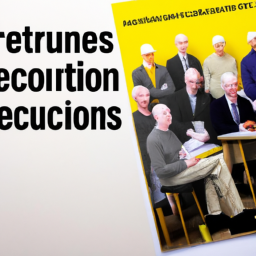
Investing in Education: Sir Claus Moser Highlights the Cost of Ignorance
By Jack 4 weeks ago**Investing in Education: Sir Claus Moser Highlights the Cost of Ignorance** Sir Claus Moser's call to invest in education illuminates the intrinsic value that knowledge holds for both individuals and society.
However, to fully grasp his argument, we must deconstruct the dichotomy between 'education' and 'ignorance'. This binary suggests that education is inherently positive while ignorance is negative, but such simplifications deserve scrutiny.
Moser emphasizes the financial implications of ignorance, yet this prompts us to question: What does 'ignorance' mean in varied socio-cultural contexts? Is ignorance a mere lack of knowledge, or can it be a form of resistance against dominant narratives? Furthermore, the term 'investment' implies a calculative, market-driven approach to education, potentially reducing the pursuit of knowledge to mere financial transactions.
The cost of ignorance, Moser argues, manifests in societal outcomes like poverty and crime. Yet, we must ask: Do these outcomes stem solely from ignorance, or are they also products of systemic inequalities? This opens the door to a more nuanced understanding of the relationship between education and societal health.
By deconstructing Moser's assertions, we recognize that investing in education is not just a financial endeavor but a complex interplay of power, knowledge, and societal structures. The costs of ignorance cannot be fully addressed without interrogating the frameworks that perpetuate it. Thus, true investment in education calls for a critical examination of the very foundations upon which our educational systems are built.